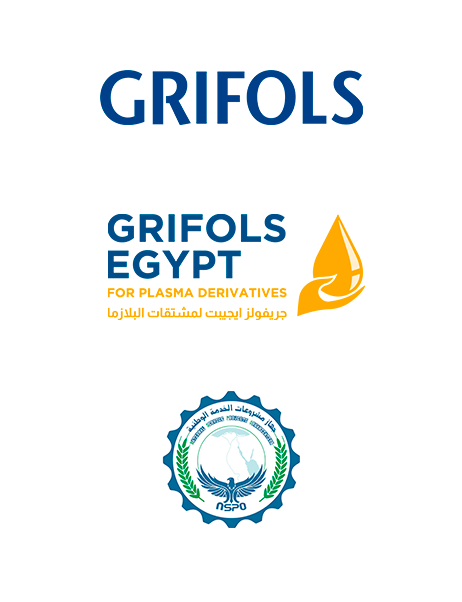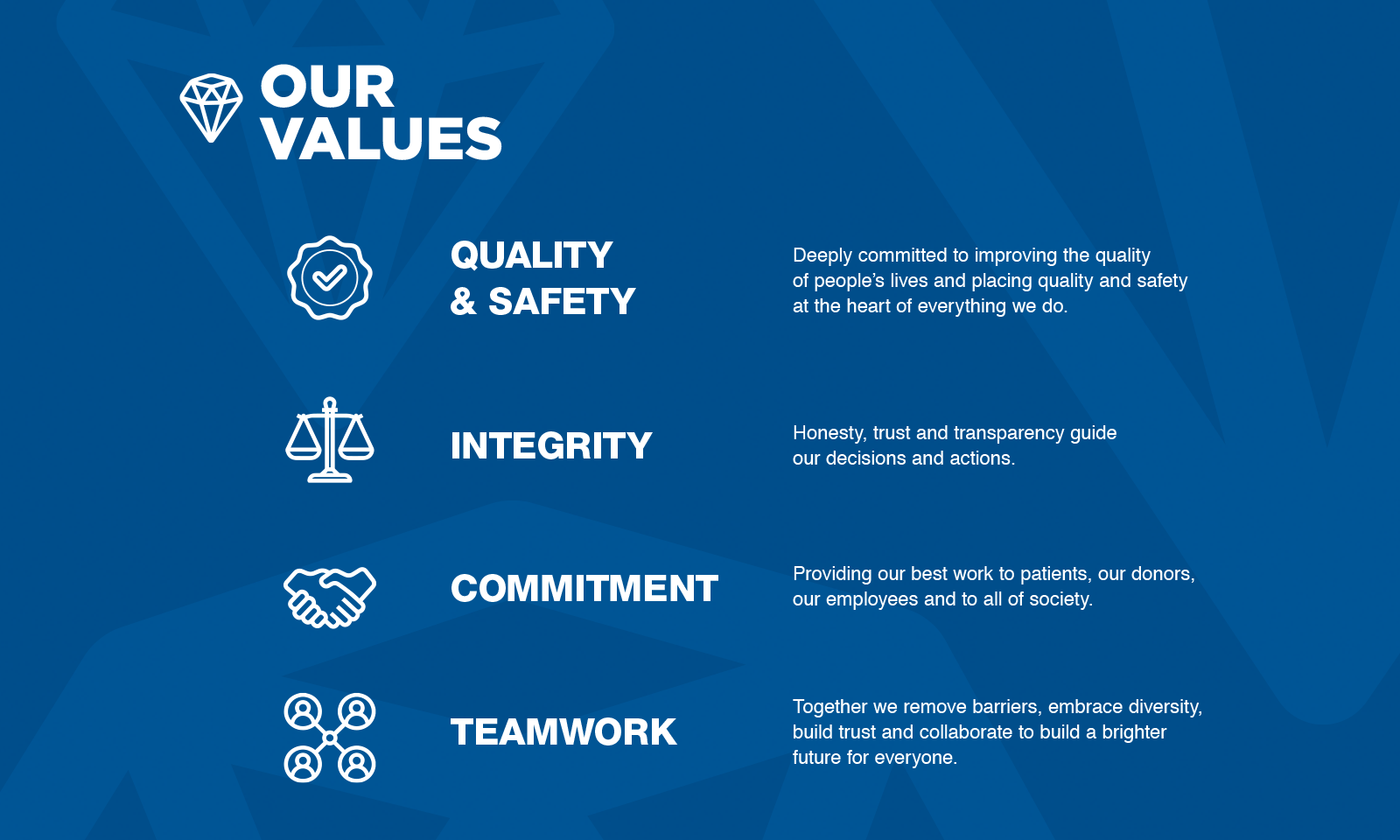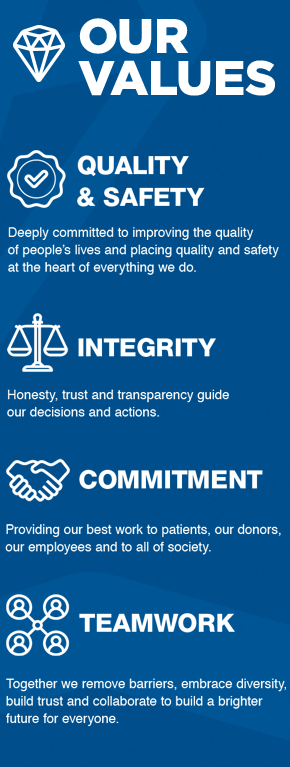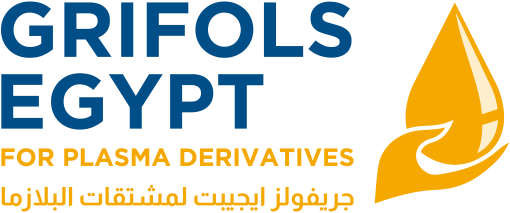

About Grifols Egypt for Plasma Derivatives (GEPD)
Grifols Egypt for plasma derivatives is a joint-venture (JV) company between the Egyptian Government, through the National Service Projects Organization (NSPO) and Grifols, the global leader in plasma medicines with more than 110 years of contribution to improving the health and well-being of people.
This joint venture is the first of its kind in the plasma industry and the first-ever Egyptian source member of the Plasma Protein Therapeutics Association (PPTA). GEPD is a groundbreaking global public-private alliance that will benefit the entire region.
GEPD is committed to developing the plasma medicines market and achieving self-sufficiency in these critical therapies, which is crucial for the Egyptian healthcare system.
We are combining the expertise and financial efforts of both shareholders to build and operate 20 plasma donation centers throughout Egypt, along with manufacturing facilities including fractionation, purification, and fill-and-finish plants with a processing capacity of up to 1 million liters of plasma annually that can double in the future.
The new installations/facility will include a plasma warehouse and a testing laboratory. It will occupy 105,000 square meters strategically located in the administrative capital’s medical city, adjoining various healthcare institutions.
Grifols Egypt for Plasma Derivatives strives to be the leading producer and supplier of plasma derivatives in the Middle East and Africa.


Contribute to the National Sustainable Development Strategy (SDS) and Egypt Vision 2030 by:
- Achieving self-sufficiency in plasma derivatives in the Arab Republic of Egypt, in addition to supporting the Egyptian healthcare system and positively impacting the health of Egyptian patients.
- Developing and supporting Egyptian expertise in plasma and plasma-derived medicines manufactured according to the highest international quality and safety standards.
- Achieving leadership in manufacturing, producing and distributing plasma-derived medicines in the Middle East and Africa.
- Localizing the industry through technology transfer.
- Periodic health screening of the Egyptian population.
